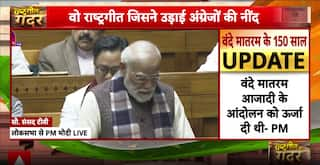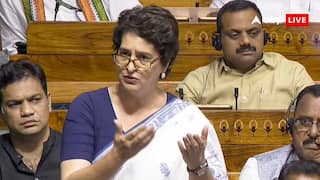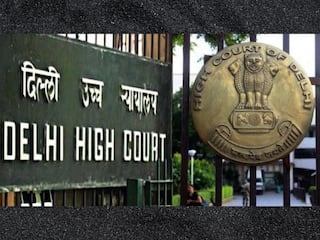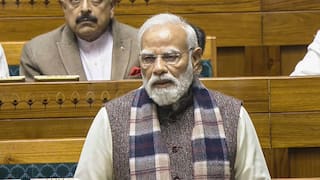Want To Open A Demat Account? Here Are The Details Of Different Types Of Accounts Available In India
While indirect investments like mutual funds can be undertaken without a Demat account, direct investments require one

A Demat account serves as a digital repository for your investments, including shares, bonds, securities, Exchange Trade Funds (ETF), and more. It offers a convenient electronic platform to hold these assets, eliminating the need for physical copies and simplifying the ownership and storage process. Stock market regulations by the Securities and Exchanges Board of India (SEBI) mandate investors to possess a Demat account for trading activities.
While indirect investments like mutual funds can be undertaken without a Demat account, direct investments require one. Various types of Demat accounts are available in India, allowing investors to choose the most suitable option based on their needs and preferences.
Regular Demat account
Indian residents have the option to open regular Demat accounts, which facilitate basic functions such as holding investments in electronic format. With a regular Demat account, investors can engage in activities involving equity shares.
However, for trading in Futures and Options, both a trading account and a regular Demat account are necessary. Regular Demat accounts typically entail annual maintenance charges (AMC). To address the concerns of small-time investors who may incur high AMC despite having minimal holdings, the Securities and Exchange Board of India (SEBI) introduced the Basic Services Demat Account (BSDA).
This account either eliminates or reduces the AMC based on the size of the investment. The introduction of BSDA aims to encourage greater participation from smaller investors by providing them with a more cost-effective option.
Also Read: How To Open A Demat Account? Know Its Workings
Basic Service Demat Account
The Basic Services Demat Account (BSDA) is specifically tailored to ensure the accessibility and affordability of demat account services for small-scale investors. It incorporates certain restrictions and benefits to accommodate the requirements of individuals with limited holdings. For instance, if the value of securities in a BSDA remains below Rs 2 lakhs, investors can avail themselves of reduced maintenance charges.
This type of account is well-suited for individuals with modest investment portfolios or those new to investing. For example, a student or part-time employee seeking to invest a small sum in stocks or mutual funds would find the BSDA to be a cost-efficient option.
Repatriable Demat Account
Tailored specifically for Non-Resident Indian (NRI) investors, the repatriable demat account empowers them to participate in the Indian stock market and facilitates the transfer of funds abroad. NRI investors are required to link their NRE (Non-Resident External) accounts with their demat accounts for repatriation endeavours.
This account empowers NRI investors to repatriate funds of up to one million US dollars annually. Furthermore, it provides flexibility and convenience to individuals seeking investment opportunities in India while retaining the option to transfer funds overseas.
Non-Repatriable Demat Account
The non-repatriable demat account, just like the repatriable demat account, caters to the needs of Non-Resident Indians (NRIs). However, unlike its counterpart, it does not facilitate the transfer of funds outside India. Instead, the non-repatriable demat account is connected to an NRO (Non-Resident Ordinary) account, where the funds are held within India.
This arrangement permits NRIs to participate in the Indian stock market and capitalise on the nation's economic progress while keeping their investments within the Indian financial framework.






































